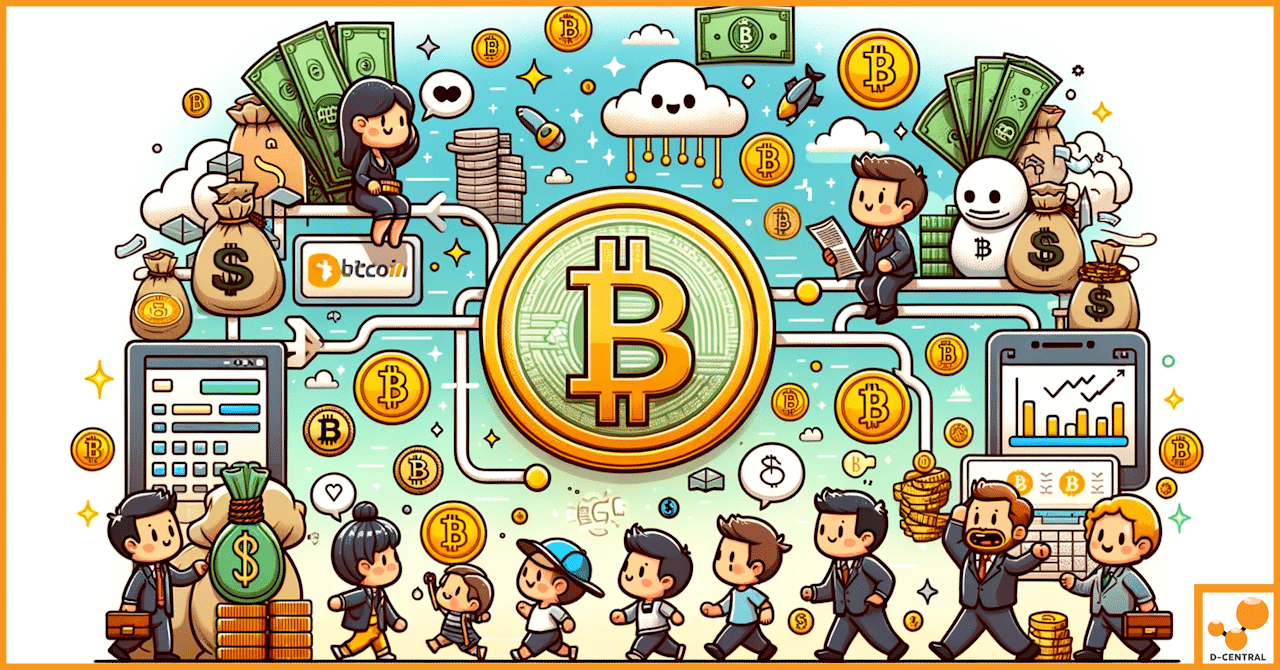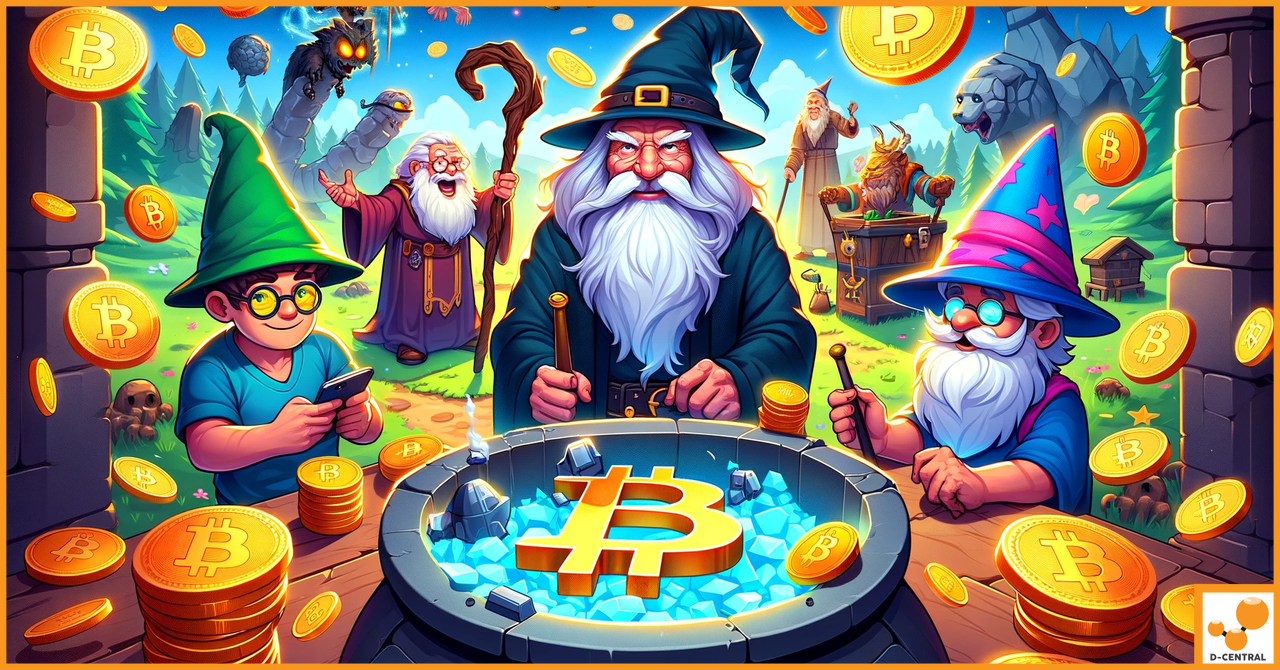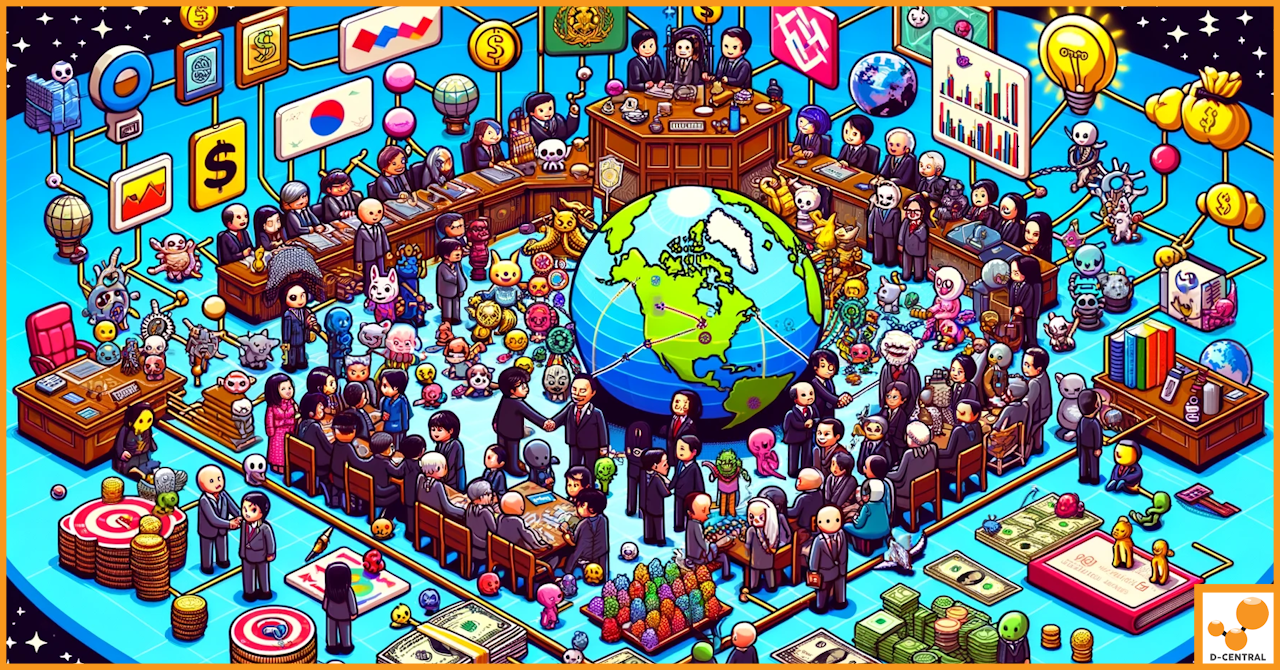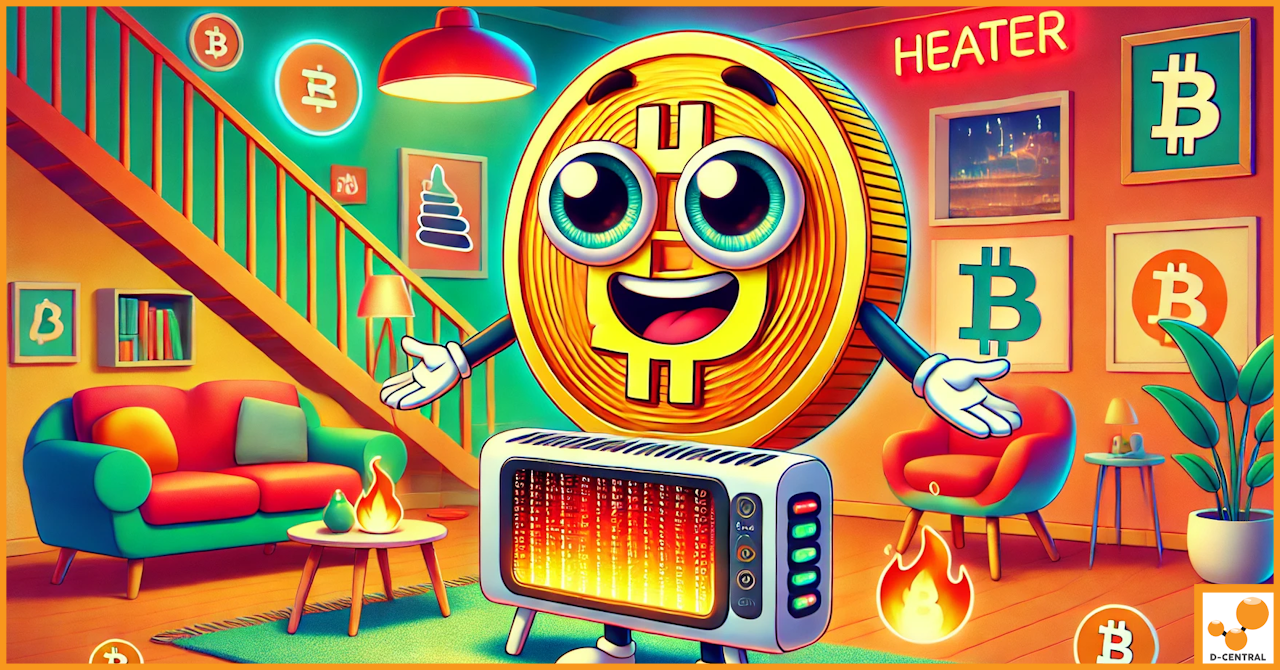
Bitcoin’s Reality: Beyond the Illusion of Traditional Money
In the ever-evolving landscape of global finance, Bitcoin emerges as a modern enigma, a digital phenomenon that has captivated the
4479 Desserte Nord Autoroute 440, Laval, QC H7P 6E2

In today’s digital era, the concept of value and wealth has transcended beyond the tangible boundaries of the physical world, venturing into the vast and intricate realm of virtual economies. This evolution marks a significant shift in how we perceive and interact with assets, both tangible and intangible. At the forefront of this digital revolution are two seemingly disparate yet surprisingly parallel entities: Bitcoin, the pioneering cryptocurrency, and Party Hats from the world of RuneScape, a massively multiplayer online role-playing game (MMORPG) that has captivated millions.
Bitcoin, emerging as a decentralized digital currency, has not only challenged traditional financial systems but has also redefined the concept of asset ownership and investment for the modern investor. Its unique characteristics of decentralization, scarcity, and digital nature have positioned it as a form of ‘digital gold,’ reshaping the landscape of financial investments and wealth storage.
Parallel to the rise of Bitcoin, in the virtual corridors of RuneScape, an online game that has been a staple of digital entertainment since the early 2000s, Party Hats have emerged as a symbol of virtual wealth and status. These colorful virtual items, initially introduced as simple in-game holiday gifts, have evolved into some of the most coveted and valuable assets within the game’s economy. Their scarcity, driven by a finite supply and the game’s evolving dynamics, has led to a meteoric rise in their value, drawing parallels to the real-world appreciation of cryptocurrencies like Bitcoin.
This article delves into the intriguing similarities between Bitcoin and RuneScape’s Party Hats, exploring how these virtual assets have not only captivated the attention of millennials but also educated them on the principles of economics, scarcity, and value. As we navigate through the nuances of these digital assets, we uncover the lessons learned and the impact they have had on a generation’s approach to investment, value assessment, and the understanding of digital scarcity in an increasingly virtual world.
The digital economy has witnessed a remarkable transformation over the past few decades, significantly influenced by the advent and evolution of massively multiplayer online (MMO) games. Among these, RuneScape stands as a quintessential example, a game that not only provided entertainment but also subtly educated a generation on the complexities of virtual economies and trading.
A Brief History of MMOs and Their Economic Impact
MMOs like RuneScape, which debuted in 2001, introduced players to expansive virtual worlds where interaction wasn’t limited to just gameplay; it extended to intricate economies that mirrored real-world market dynamics. These games were more than just digital playgrounds; they were vibrant communities where players could engage in activities akin to real-life economic transactions, such as buying, selling, and trading in-game items.
The impact of MMOs on the digital economy is profound. They created a new category of digital goods – items that exist solely within the virtual realm but hold real-world value. This concept challenged traditional notions of ownership and value, laying the groundwork for the digital economies we see today in various online platforms.
RuneScape: A Gateway to Virtual Trading and Economies
RuneScape, with its open-world design, offered an immersive experience where players could engage in various professions, from blacksmithing to farming, each contributing to the game’s economy. The game introduced many players to the concept of supply and demand, trade skills, and market fluctuations – all within the safety of a virtual environment.
One of the most significant contributions of RuneScape to the understanding of virtual economies was its player-driven market. The Grand Exchange, a centralized trading hub within the game, functioned similarly to a stock exchange. Here, players learned to observe market trends, understand the value of scarcity, and make investment decisions, mirroring the skills required in real-world financial markets.
Moreover, RuneScape’s rare items, like the Party Hats, became a case study in virtual scarcity. Initially given out as free holiday items, these hats could no longer be obtained through regular gameplay, making them rare and highly sought after. Their value skyrocketed, teaching players about scarcity, investment, and asset appreciation – concepts that are central to today’s cryptocurrency markets.
MMOs like RuneScape played a pivotal role in shaping the digital economy. They introduced a generation to the fundamentals of trading and economics in a virtual setting, laying the foundation for the understanding and acceptance of digital assets as valuable commodities. This early exposure to virtual economies has made the transition to and acceptance of cryptocurrencies like Bitcoin more intuitive for many millennials, who first experienced digital asset management in the realms of their favorite online games.
In the world of RuneScape, few items have garnered as much mystique and value as the Party Hats. These vibrant, paper hats, simple in design, have become one of the most iconic symbols of wealth and status within the game’s community. Understanding their history, rarity, and the economic impact they’ve had on RuneScape’s virtual economy offers a fascinating glimpse into the dynamics of virtual markets.
The Origin and Rarity of Party Hats
Party Hats were introduced into RuneScape as part of a Christmas event in December 2001. Distributed through Christmas crackers, which players could pull to receive toys and goodies, Party Hats were initially just fun, cosmetic items with no intrinsic gameplay value. However, their significance changed dramatically when Jagex, the game’s developer, decided not to reintroduce them in subsequent events, inadvertently creating a finite supply of these items.
As RuneScape’s player base grew, so did the demand for these now-unobtainable hats, turning them into a rare commodity. Their rarity was compounded by the fact that many of the original Party Hats were lost or discarded by players who quit the game or didn’t recognize their future value. This scarcity led to a dramatic increase in their worth, making them a symbol of virtual affluence within the RuneScape community.
Economic Impact in RuneScape
The rise in value of Party Hats had a significant impact on RuneScape’s economy. They became a benchmark for wealth, with their prices often reflecting the game’s overall economic health. The value of Party Hats reached a point where they were traded for more than the maximum amount of gold that a player could hold in their inventory, leading to the use of barter and alternative currencies within the game.
Community Perspectives from Reddit Discussions
Insights from various Reddit discussions reveal the community’s fascination and diverse opinions regarding Party Hats. Players often express astonishment at the astronomical prices these hats command, with some viewing them as a status symbol, while others see them as an investment or a hedge against in-game inflation.
Discussions draw parallels between the rarity and value appreciation of Party Hats and Bitcoin. Both are seen as assets with a capped supply, experiencing value appreciation over time. This comparison highlights a shared understanding of scarcity and market dynamics between virtual goods in MMOs and real-world cryptocurrencies.
RuneScape’s Party Hats are more than just virtual headwear; they are a testament to how digital scarcity, community perception, and player-driven economies can create significant value from virtual goods. Their story is a precursor to the modern phenomena of cryptocurrency and digital assets, illustrating fundamental economic principles in a virtual world setting.
In the realm of digital finance, Bitcoin stands as a revolutionary force, akin to gold in the traditional economy. Its emergence and subsequent rise to prominence mark a pivotal shift in how we perceive and interact with money in the digital age. Understanding Bitcoin’s origins, purpose, and its striking similarities to RuneScape’s Party Hats offers a unique perspective on the evolution of digital assets.
Bitcoin was introduced in 2009 by an individual or group of people under the pseudonym Satoshi Nakamoto. It emerged as a response to the 2008 financial crisis, with the aim of creating a decentralized digital currency, free from the control of any government or central authority. Bitcoin operates on a technology called blockchain, a distributed ledger that records all transactions across a network of computers. This technology ensures transparency, security, and immutability of transactions, making Bitcoin a trustworthy digital asset.
The primary purpose of Bitcoin was to provide a means of exchange that was not only secure and private but also accessible to anyone, anywhere in the world. It was designed to be a deflationary currency, with a capped supply of 21 million coins, to prevent inflation and maintain its value over time.
Similarities to RuneScape’s Party Hats
The parallels between Bitcoin and RuneScape’s Party Hats are striking, particularly in terms of scarcity, demand, and market dynamics.
Bitcoin, often referred to as ‘digital gold,’ shares many characteristics with RuneScape’s Party Hats, making it a fascinating study in the world of virtual assets. Its decentralized nature, capped supply, and the way it has captured the imagination of a global audience mirror the journey of Party Hats in the virtual economy of RuneScape. Together, they exemplify the evolving nature of value and wealth in the digital age.
The millennial generation, having grown up during the advent of the internet and digital gaming, has been uniquely positioned at the crossroads of virtual and real economies. Massively Multiplayer Online (MMO) games like RuneScape have played a pivotal role in shaping their understanding of virtual goods, laying the foundation for their engagement with real-world digital assets like cryptocurrencies.
Influence of MMOs on Millennial Understanding of Virtual Goods
For many millennials, MMOs were more than just games; they were virtual economies and social platforms where real economic principles were at play. In RuneScape, for instance, players learned about supply and demand, market speculation, investment strategies, and the concept of digital scarcity. These virtual economies mirrored real-world markets in many ways, providing a practical, hands-on experience in managing assets and understanding value.
The trading of virtual goods in these games often involved real money transactions, blurring the lines between virtual and real economies. This early exposure to the valuation of digital items, where in-game currencies or items like Party Hats held tangible value, set the stage for millennials to grasp the concept of cryptocurrencies more readily than previous generations.
The transition from Virtual Trading to Cryptocurrency Investments
These anecdotes highlight a common theme among millennials: the skills and knowledge acquired from virtual economies have real-world applicability, especially in the realm of digital assets. For this generation, the line between virtual and real economic spaces is increasingly blurred, with experiences in one often informing and enhancing participation in the other. As digital currencies continue to gain prominence, millennials are uniquely equipped to navigate and shape these emerging markets, thanks to their early immersion in virtual trading worlds.
The virtual worlds of MMOs like RuneScape and the realm of cryptocurrencies, particularly Bitcoin, serve as more than just platforms for entertainment and investment. They are vibrant ecosystems that illustrate fundamental economic principles such as inflation, scarcity, and market demand. These digital realms provide a unique, interactive environment to observe and understand these concepts in action.
Inflation in RuneScape and Bitcoin
In RuneScape, players experience inflation as the game progresses. The continuous generation of in-game currency and items increases the total wealth within the game, leading to higher prices for goods and services. This mirrors real-world inflation, where the value of currency diminishes as more money is circulated in the economy.
Bitcoin, on the other hand, was designed to combat inflation. Its capped supply of 21 million coins ensures that, unlike traditional fiat currencies, it cannot be devalued by creating more. This deflationary nature is a key aspect that attracts investors, similar to gold in the real world.
Scarcity and Its Impact
Scarcity is a driving force behind the value of both RuneScape’s Party Hats and Bitcoin. In RuneScape, Party Hats are no longer obtainable, making them rare and highly sought after. This scarcity has led to their high valuation within the game’s economy.
Bitcoin’s value also derives from its scarcity. The finite supply and the halving events, which reduce the rate at which new Bitcoins are created, create a scarcity similar to precious metals. This scarcity principle is a fundamental economic concept that both RuneScape and Bitcoin exemplify.
Market Demand Dynamics
Market demand in both RuneScape and the Bitcoin market is driven by player and investor behavior. In RuneScape, the demand for rare items like Party Hats can fluctuate based on the game’s updates, player trends, and the overall health of the game’s economy. Similarly, Bitcoin’s demand is influenced by factors such as investor sentiment, regulatory news, and its adoption as a payment method.
Expert Opinions on the Educational Value of MMO Economies
Economists and game designers have noted the educational value of MMO economies. Games like RuneScape offer a practical understanding of economic concepts like supply and demand, inflation, and market speculation. These virtual economies can serve as effective models for teaching economic principles in a more engaging and relatable context.
Designing an MMO economy requires a deep understanding of economic principles. These games inadvertently educate players on complex economic concepts through immersive and interactive experiences.
MMOs like RuneScape and cryptocurrencies like Bitcoin are not just platforms for entertainment and investment; they are dynamic environments where key economic principles are demonstrated and experienced firsthand. For players and investors alike, these digital realms offer valuable insights into the workings of economies, both virtual and real.
As we journey through the intricate relationship between virtual goods in MMOs like RuneScape and real-world digital currencies such as Bitcoin, several key insights emerge. These insights not only illuminate the parallels between these two realms but also underscore the evolving landscape of digital economies and the pivotal role millennials play in shaping this landscape.
The digital economy is continually evolving, with virtual goods and cryptocurrencies at its forefront. As technology advances, we can expect to see deeper integration of digital assets into our daily lives, further blurring the lines between virtual and real-world economies. Millennials, equipped with their understanding and experience in virtual economies, are poised to lead this digital revolution.
For those intrigued by the parallels between virtual goods and cryptocurrencies, the journey is just beginning. There is a wealth of knowledge to be explored in the realms of digital economies. Whether you are a gamer familiar with virtual economies or a newcomer to the world of cryptocurrencies, the opportunities for learning and investment are abundant.
As we continue to witness the growth and integration of digital economies into our global financial system, the lessons learned from virtual worlds like RuneScape and the dynamics of cryptocurrencies like Bitcoin will become increasingly relevant. The future of digital economies is a tapestry woven from virtual experiences and real-world applications, with millennials at the loom, crafting the patterns of tomorrow’s financial landscape.
What is the significance of Party Hats in RuneScape?
Party Hats in RuneScape are virtual items that have become symbols of virtual wealth and status due to their scarcity and the high value that players place on them. Initially introduced as holiday gifts, they have become some of the most valuable items within RuneScape’s economy.
How did Bitcoin redefine the concept of asset ownership and investment?
Bitcoin redefined the concept of asset ownership and investment by being a decentralized, scarce, and completely digital currency. As ‘digital gold,’ it challenges traditional financial systems and shapes the landscape of financial investments and wealth storage.
How have virtual economies like RuneScape’s influenced the understanding of economics?
Virtual economies, notably in games like RuneScape, have introduced players to the principles of economics, such as supply and demand, trading, and market fluctuations, through immersive gameplay. These games have become educational tools, inadvertently teaching players about virtual economies and trading.
What are the similarities between Bitcoin and RuneScape’s Party Hats?
Both Bitcoin and RuneScape’s Party Hats exemplify the principle of scarcity in driving value. Bitcoin, with its capped supply, and Party Hats, with their discontinued availability, have seen their value appreciate due to increased demand over a fixed supply.
Why are millennials particularly adept at understanding and navigating digital economies?
Millennials grew up during the emergence of the internet and digital gaming, which included exposure to virtual economies in MMOs like RuneScape. This has provided them with hands-on experience in managing digital assets and understanding value, making the transition to cryptocurrency investments more intuitive.
What economic principles are illustrated by MMOs and cryptocurrencies?
MMOs and cryptocurrencies illustrate economic principles such as inflation, scarcity, and market demand. RuneScape demonstrates inflation through its in-game currency system, while Bitcoin showcases the effects of a deflationary model with capped supply. Both illustrate the impact of scarcity and market-driven demand.
Do MMO economies have educational value in teaching economic concepts?
Yes, economists and game designers recognize the educational value of MMO economies in teaching complex economic concepts like supply and demand, inflation, and market speculation. They serve as practical models for exploring these principles in interactive and engaging ways.
DISCLAIMER: D-Central Technologies and its associated content, including this blog, do not serve as financial advisors or official investment advisors. The insights and opinions shared here or by any guests featured in our content are provided purely for informational and educational purposes. Such communications should not be interpreted as financial, investment, legal, tax, or any form of specific advice. We are committed to advancing the knowledge and understanding of Bitcoin and its potential impact on society. However, we urge our community to proceed with caution and informed judgment in all related endeavors.
Related Posts

In the ever-evolving landscape of global finance, Bitcoin emerges as a modern enigma, a digital phenomenon that has captivated the

The intersection of politics and finance has given rise to what is commonly referred to as the political-financial complex—a term

Welcome to the future of home heating! Discover how D-Central’s innovative mining space heaters are transforming the way we think